Monday, February 28, 2022 -
Our first day on the Nile River cruise. We flew for an hour from Cairo to Luxor then boarded the SS Sphinx
docked on the Nile.
Prior to starting the cruise we visited
the Karnak Temple.
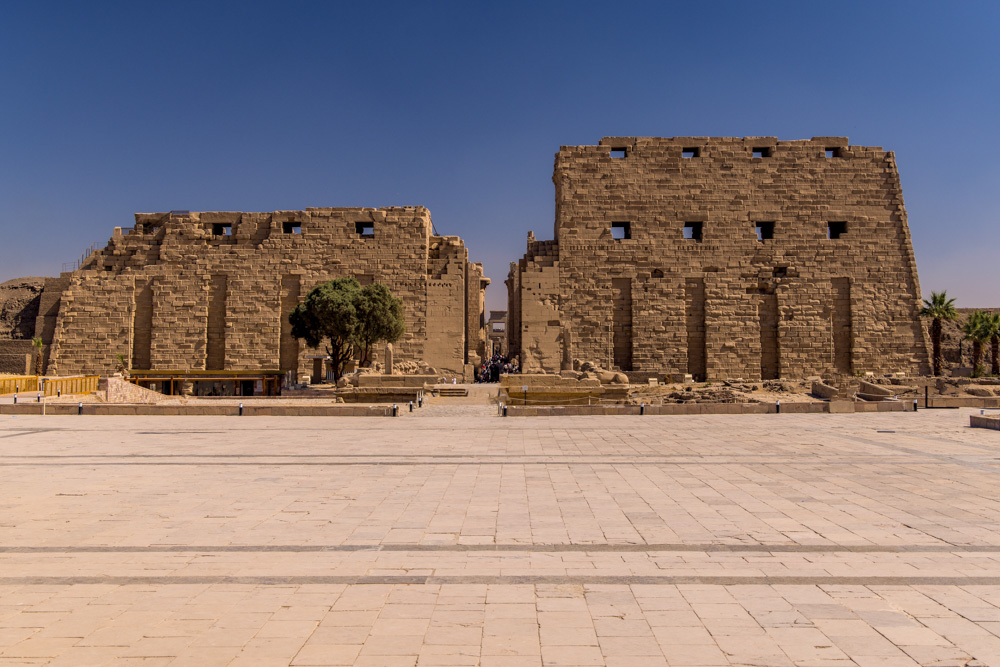
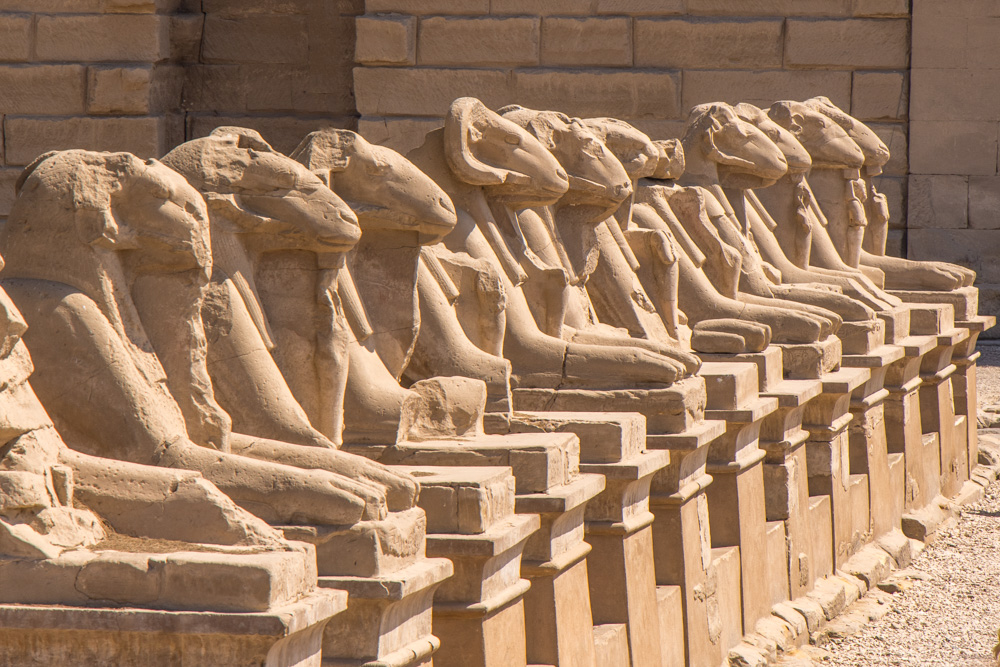
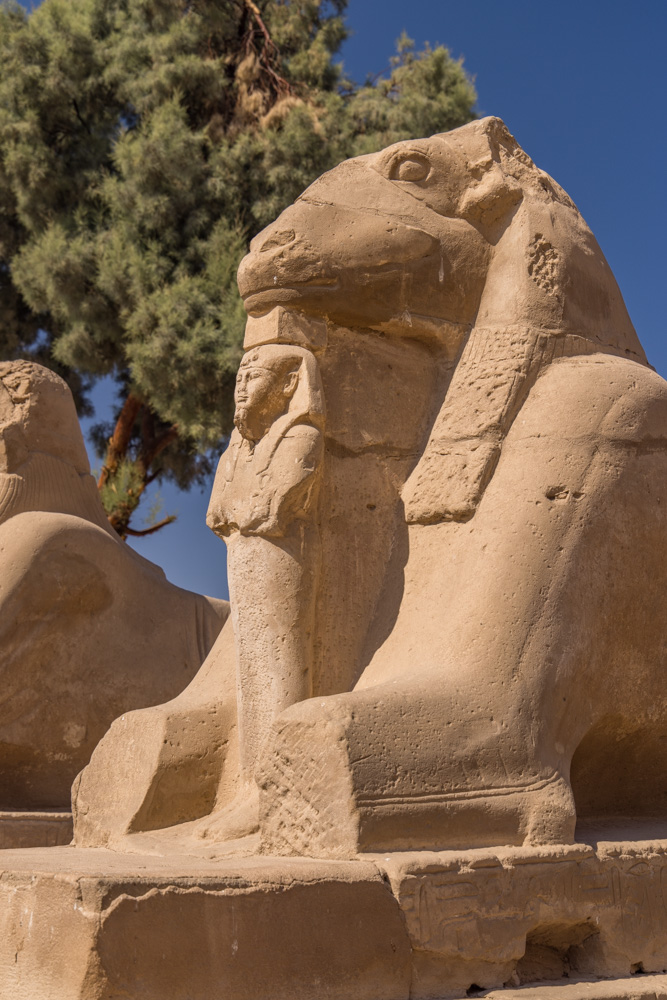
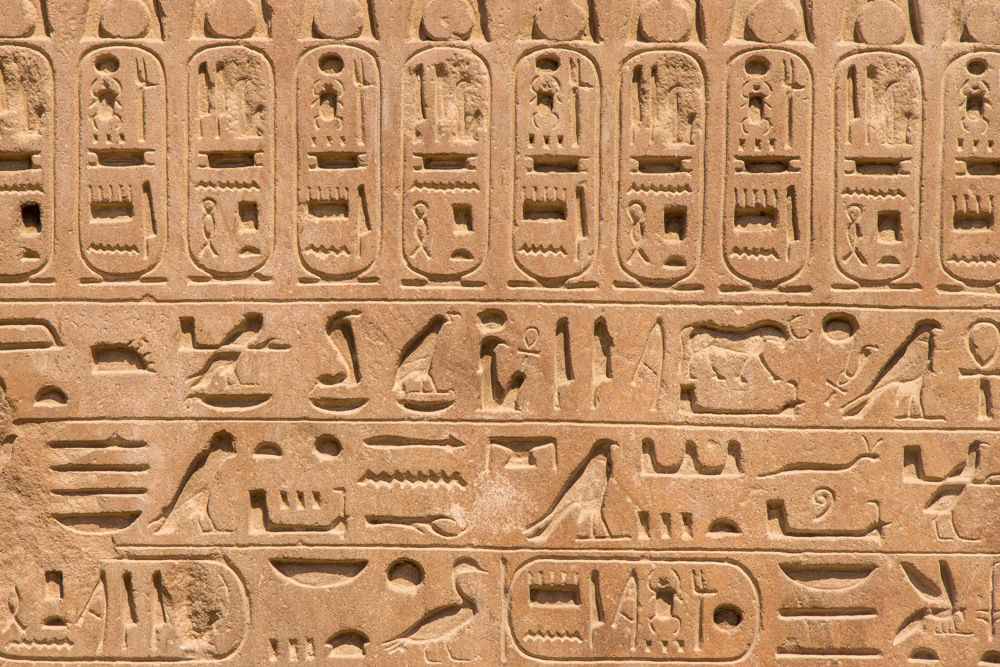
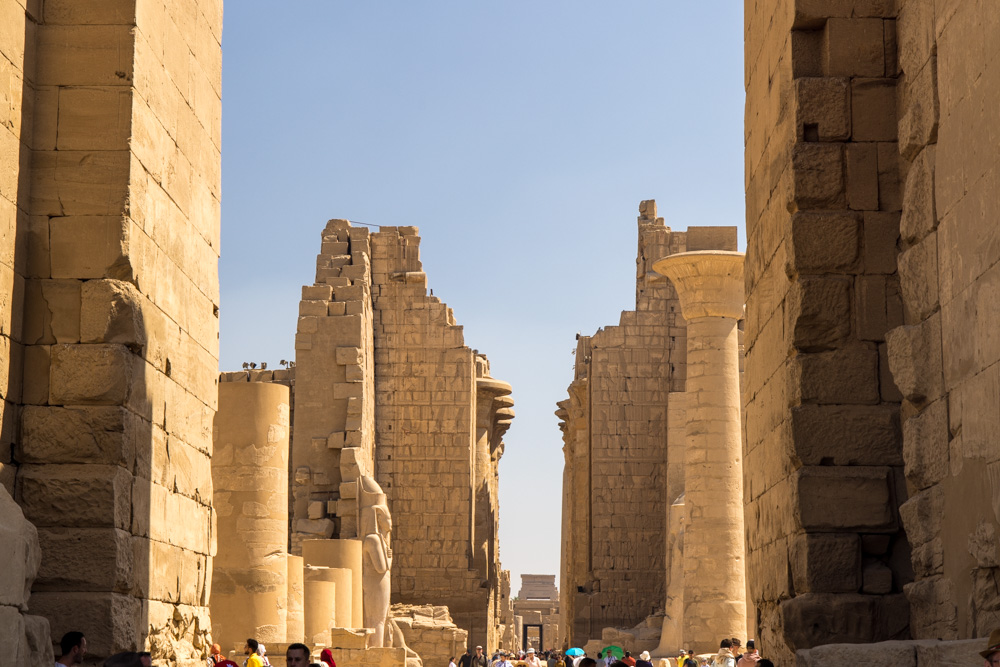
Karnak is an open-air museum. It is considered to be the largest religious building or site in the world. The 54,000 square feet Great Hypostyle Hall in the Karnak Temple is large enough to fit the Cathedral of Notre Dame comfortably.
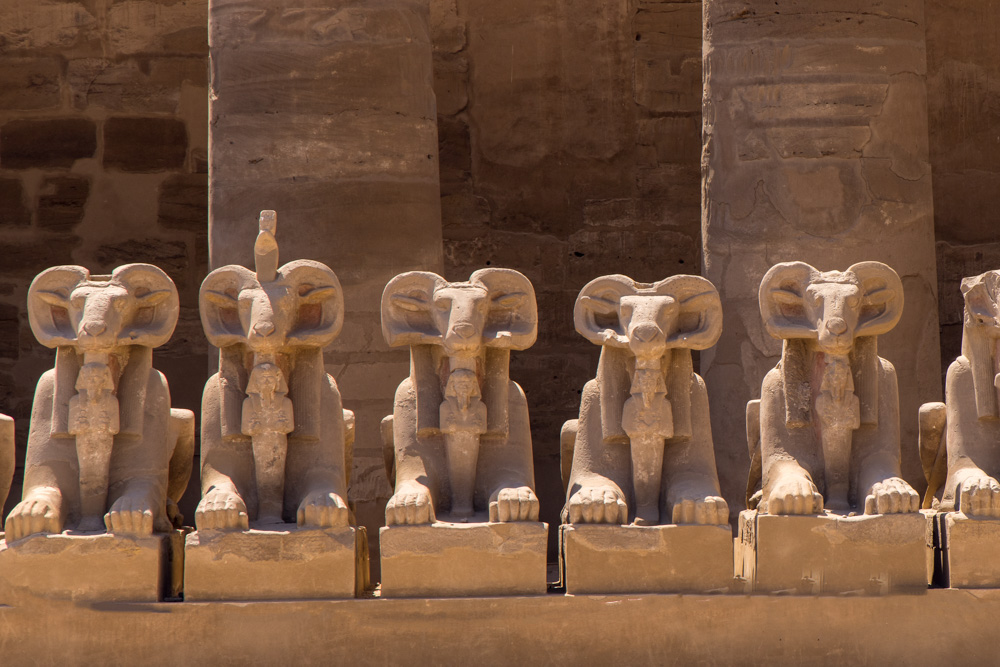
The ram was a symbol of the god Amun, the chief deity worshipped in the Great Temple of Karnak.
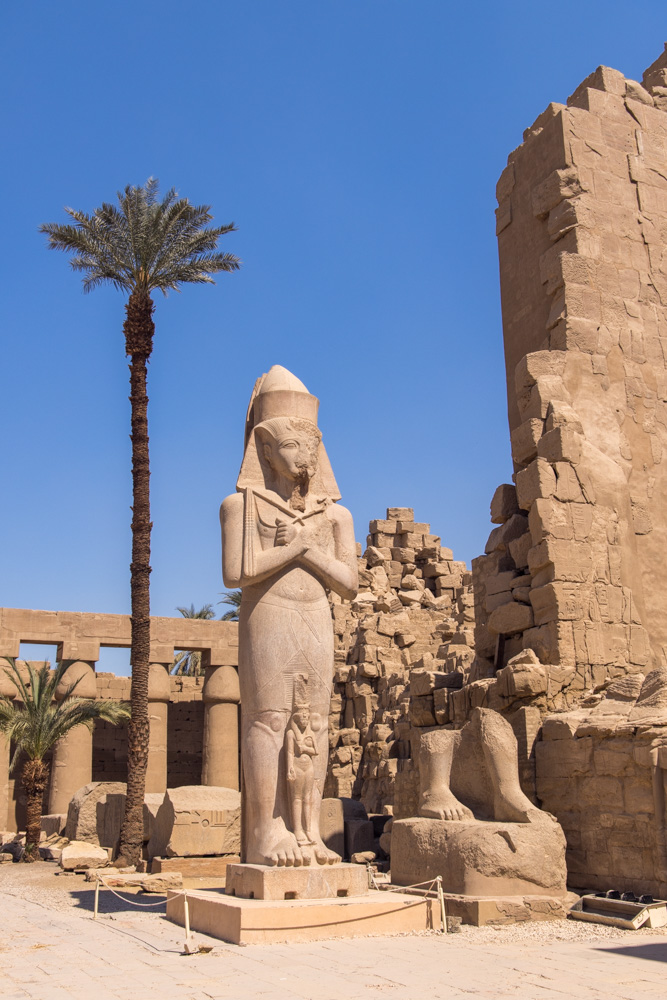
While the height of its importance was during the New Kingdom and during the reigns of famous pharaohs such as Hatshepsut, Tuthmose III, Seti I and Ramesses II, all contributed significant additions to the complex, construction continued into the Greco-Roman Period with the Ptolemies, Romans, and early Christians all leaving their mark there.
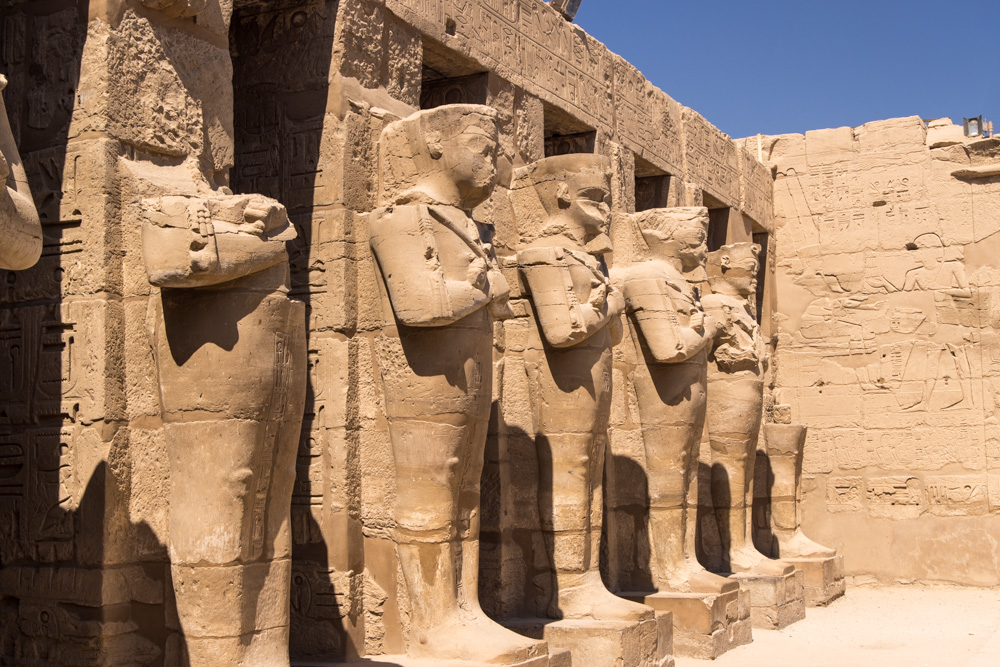

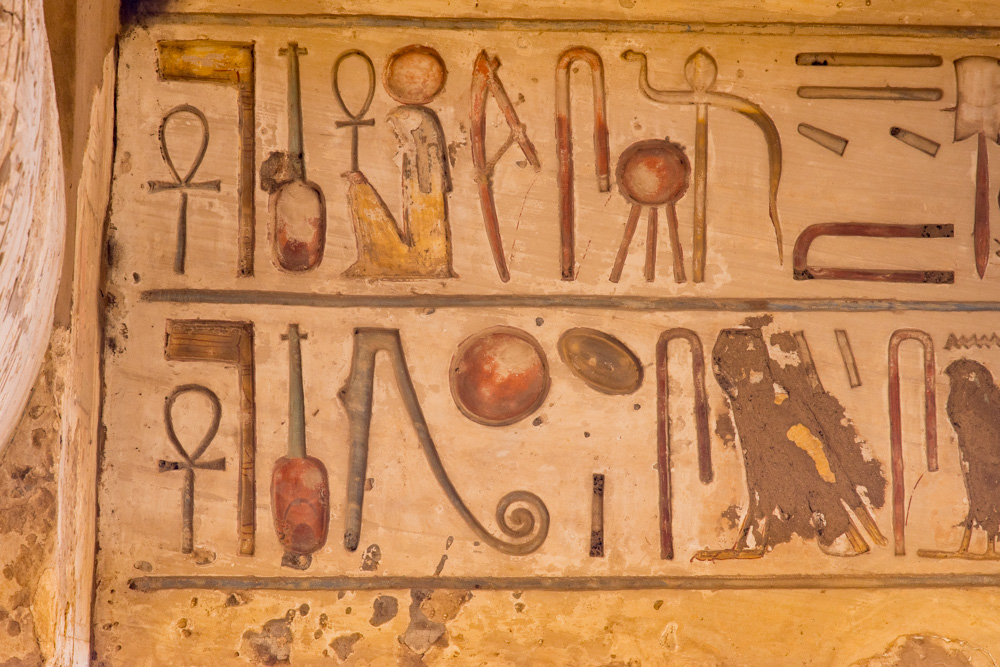
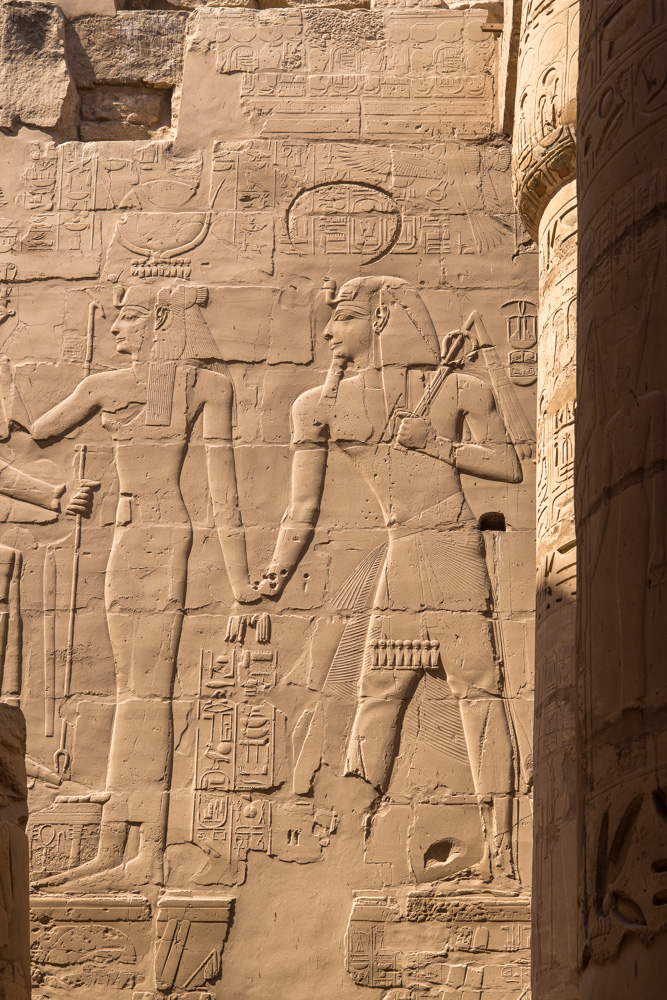
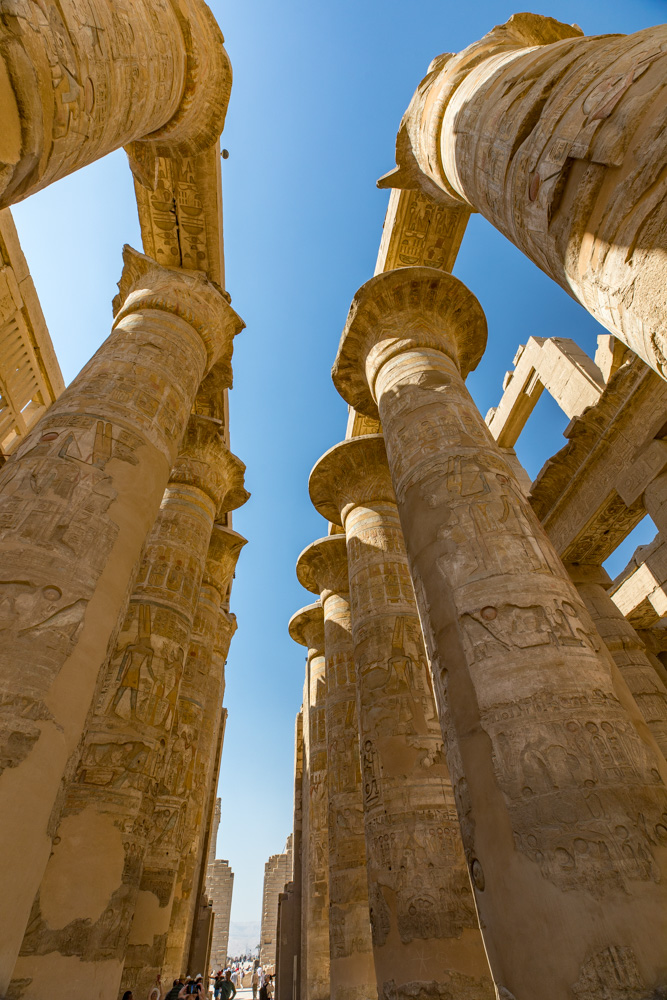
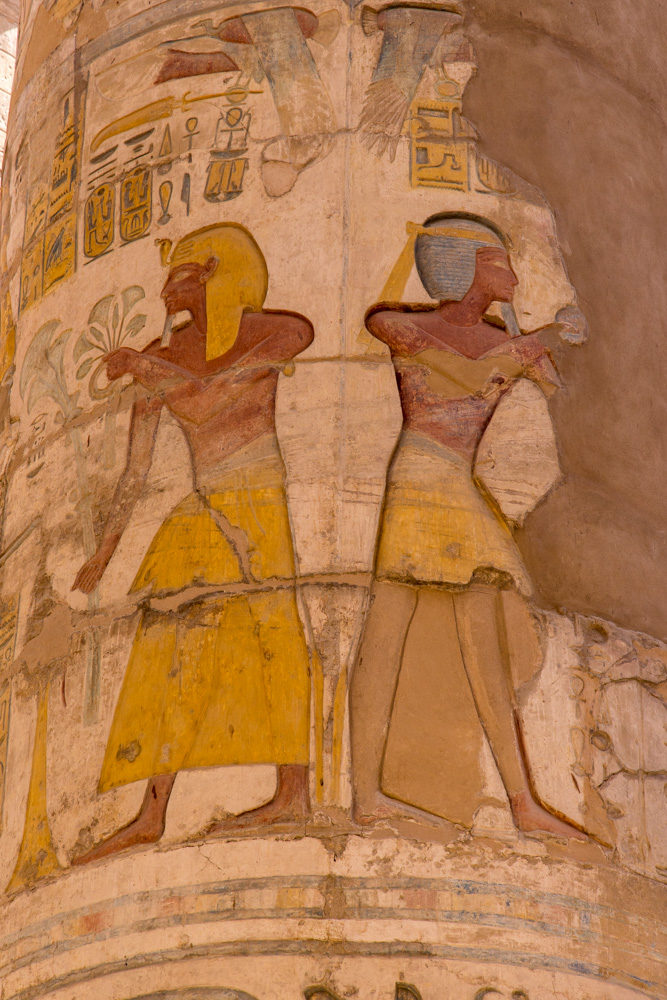
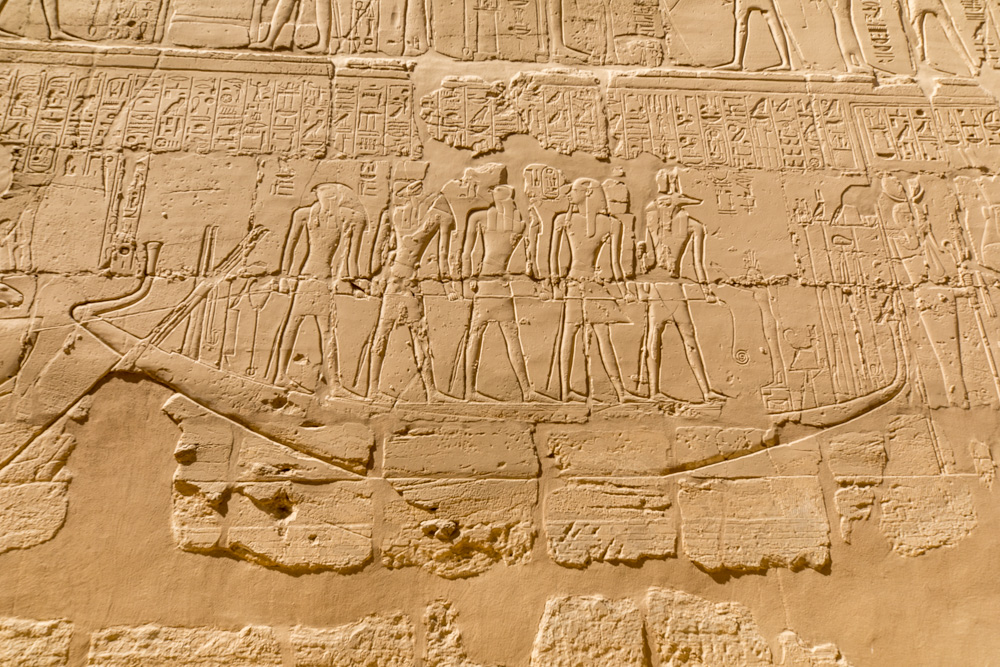
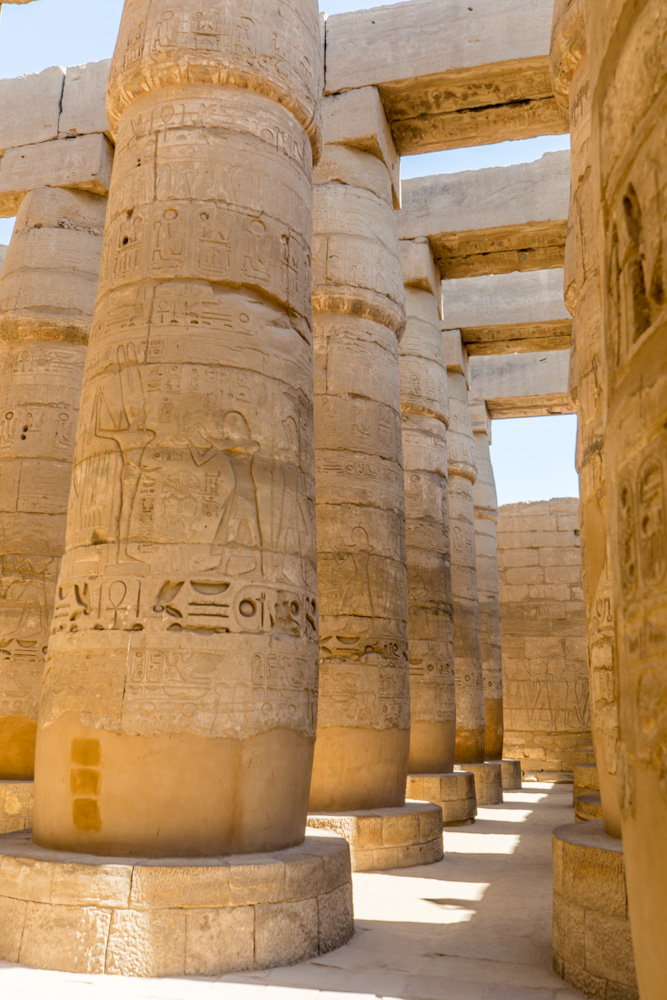
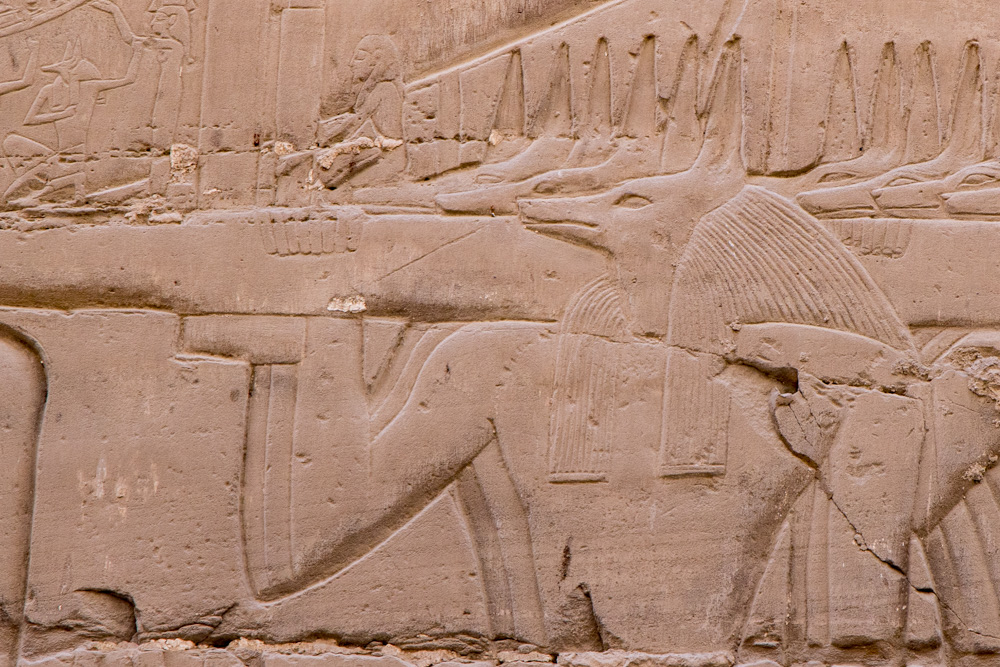
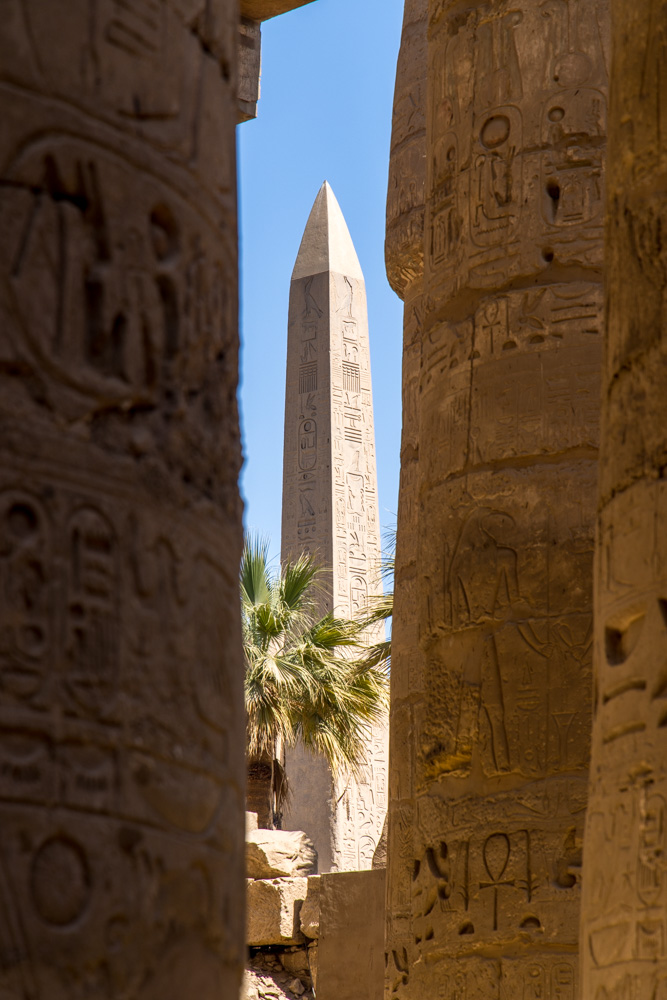
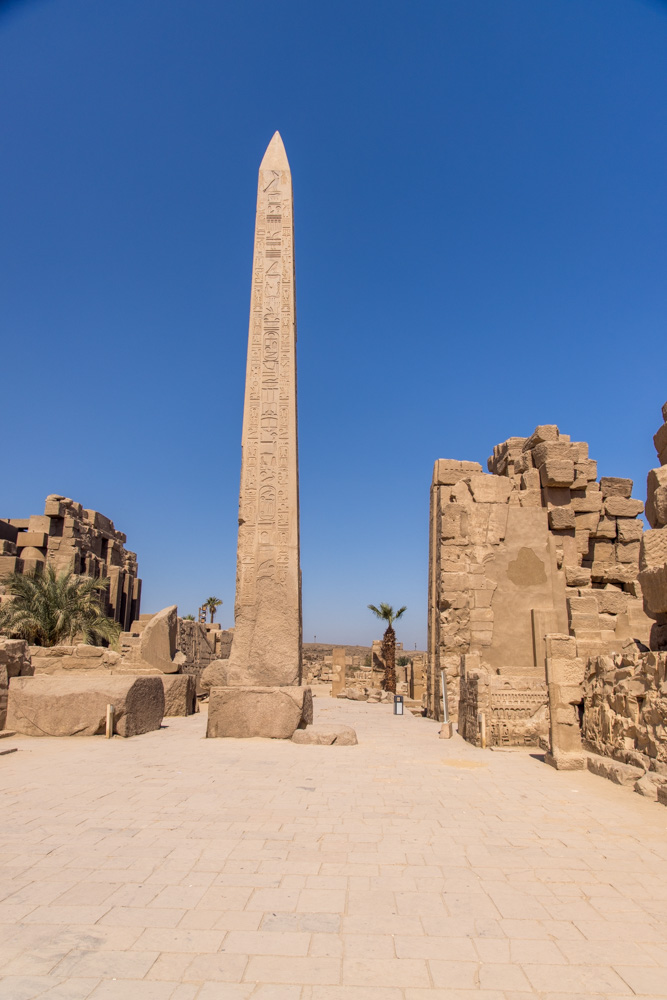

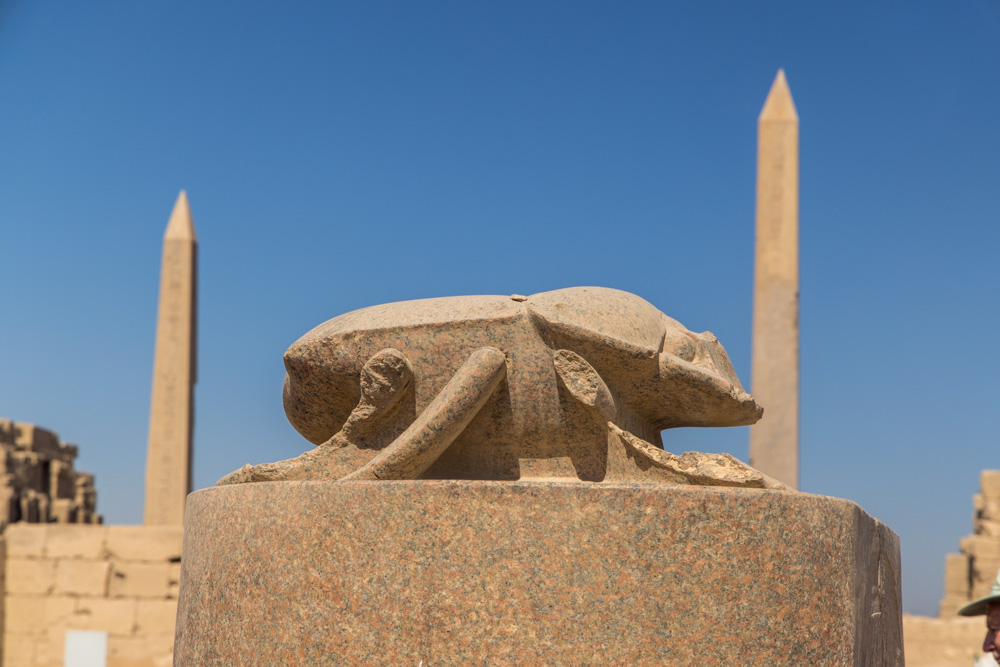
There were 12 obelisks in Temple Karnak. Only two survived the ages.
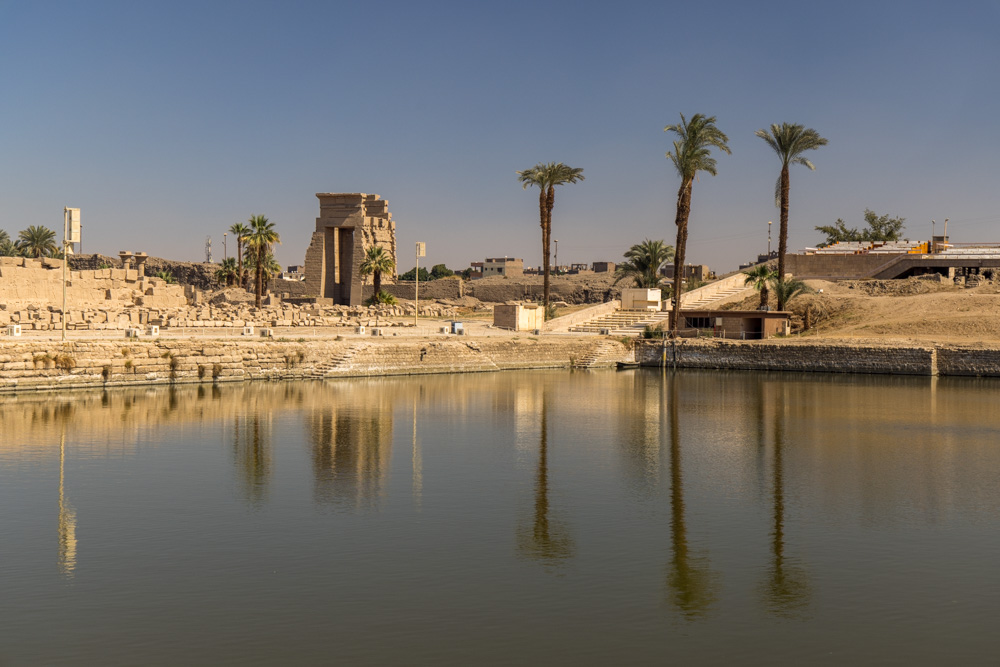

This is the south facade of the eighth pylon, constructed by Queen Hapshepsut. The best preserved limestone statue at left is King Amenhotep I, and to his left is a small statue of a seated figure. It's not clear who the other statues are, although the west doorpost has the cartouches of Tutmosis II and the east doorpost has the cartouches of Tutmosis III associated with the Queen.
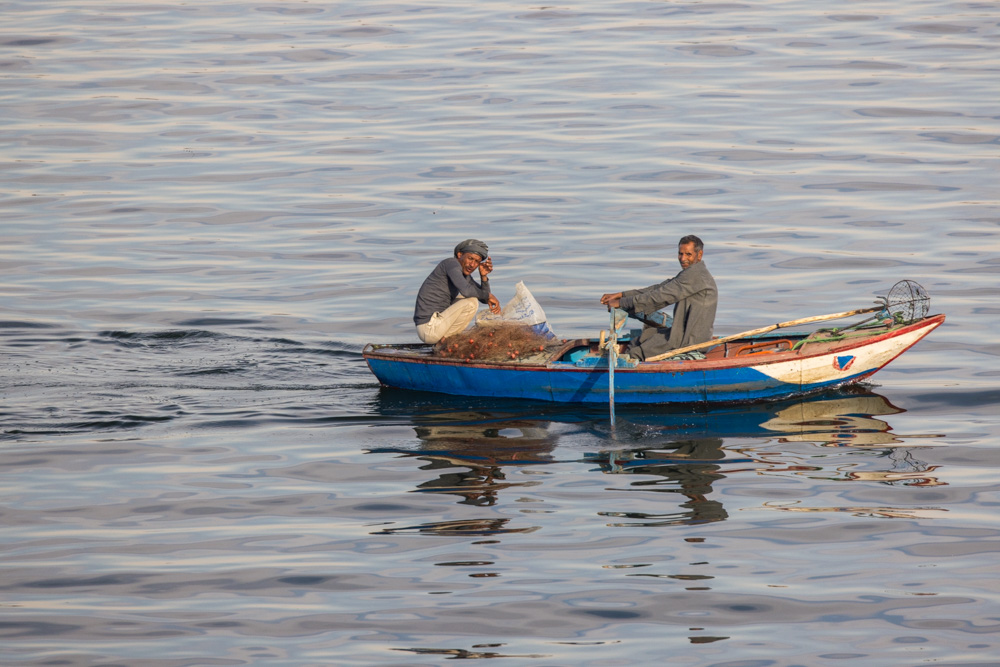
Fisherman on the Nile.



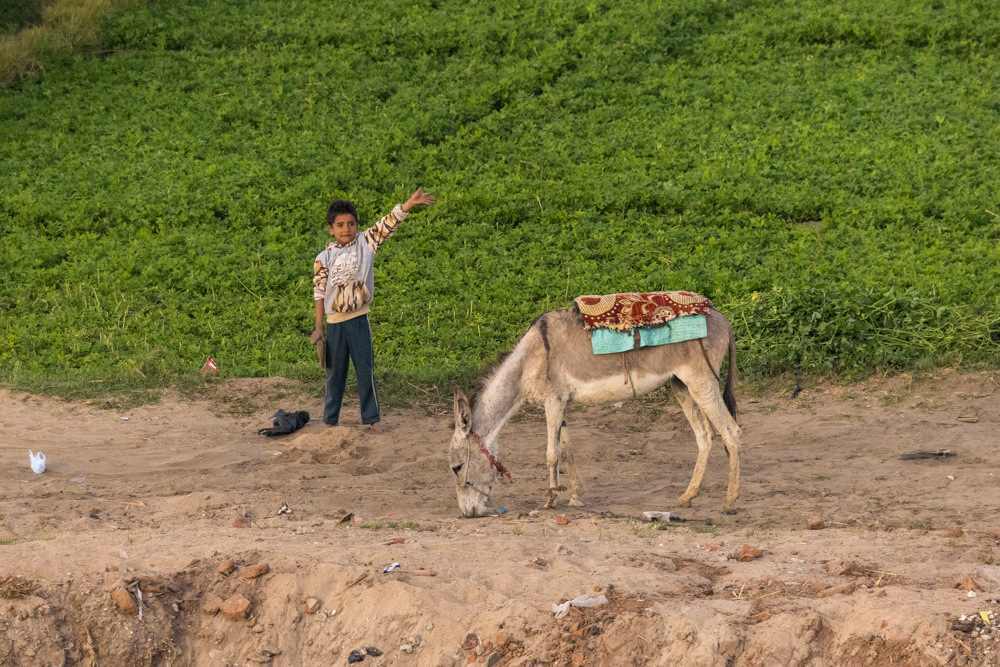

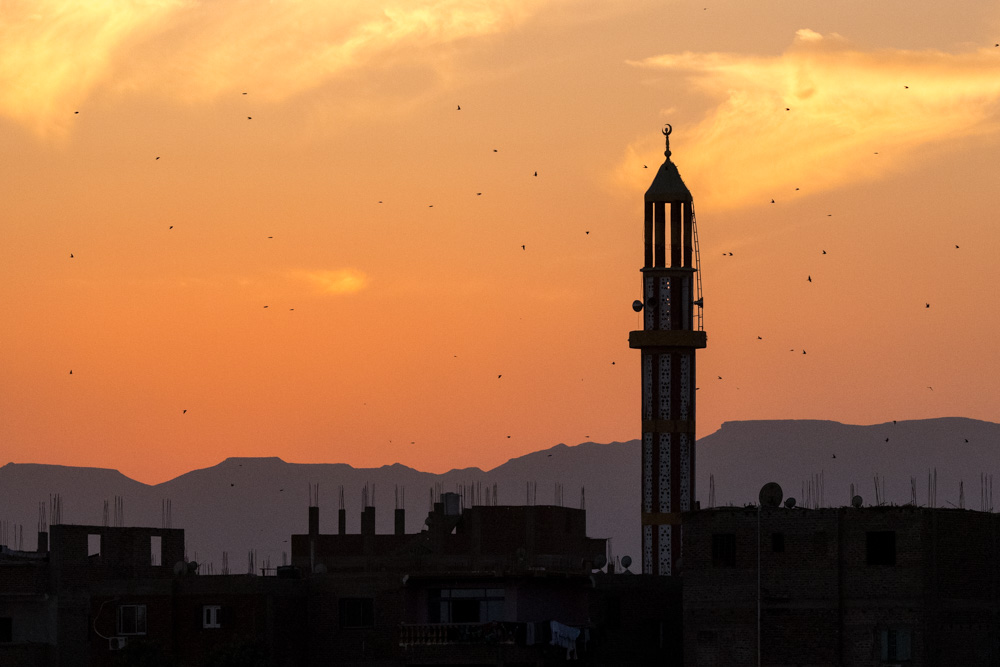
The ship was very nice - the top deck was open and had a small bar. We discovered the local beer - Sakara (named after the ancient city we believe). It was very smooth and a nice way to watch the sunset.